Up to - 12%
2 Trees Black Willow Live Plants, Hardy Willow Sapling for Landscaping or Bonsai Tree
Original price was: $51.99.$45.99Current price is: $45.99.
Add year-round beauty with these 2 Black Willow live plants, perfect for landscaping or bonsai. Hardy and fast-growing, these saplings thrive in USDA Zones 4-9 and require minimal maintenance.
Estimated arrival
Dec 19
Dec 24 - Dec 26
Dec 29 - Jan 02
Shipping and return policies: Our 30-Day Plant Health Guarantee covers issues with your plants within the first 30 days. Get in touch with us via email, and our team will review your concerns and, if necessary, provide you with a one-time replacement at no cost.

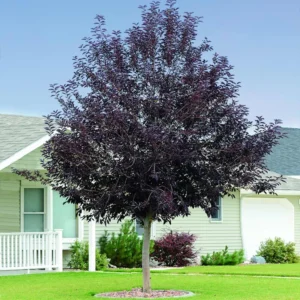 Red Chokecherry Tree - Live Plant, 8-14 Inch Tall, Chokecherry Plant in 2.5 Inch Pot, No Shipping to CA
Red Chokecherry Tree - Live Plant, 8-14 Inch Tall, Chokecherry Plant in 2.5 Inch Pot, No Shipping to CA 
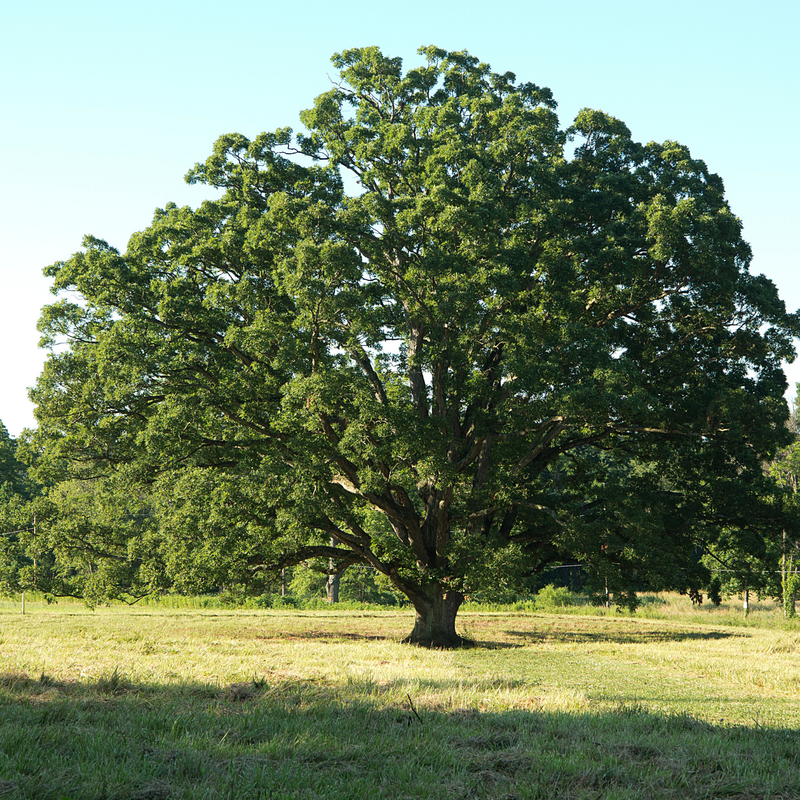

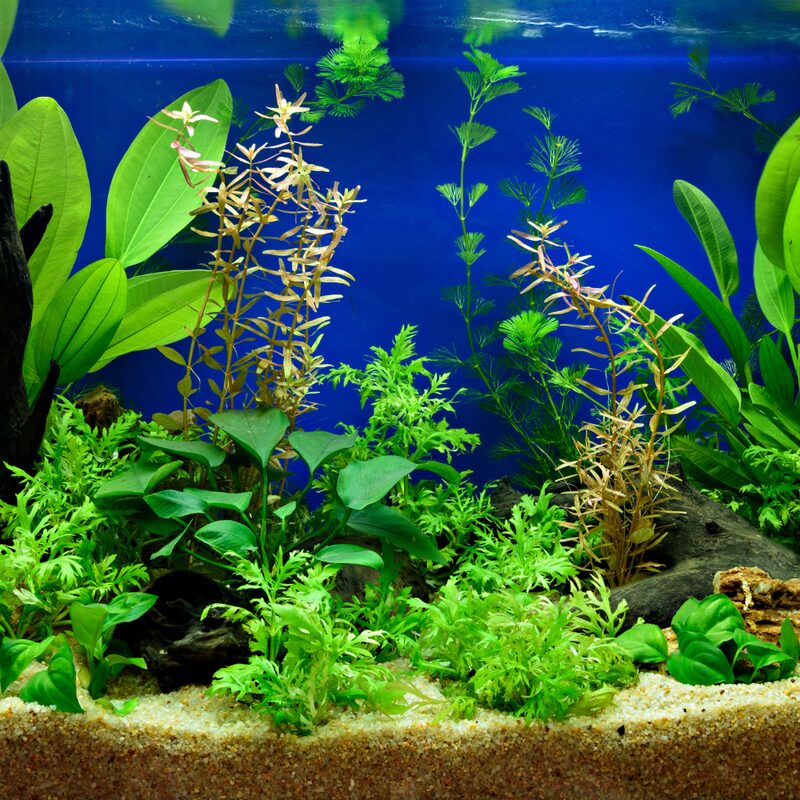















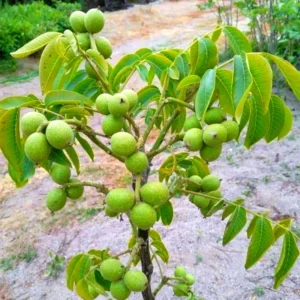

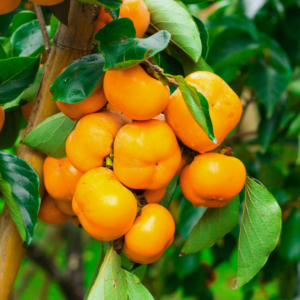
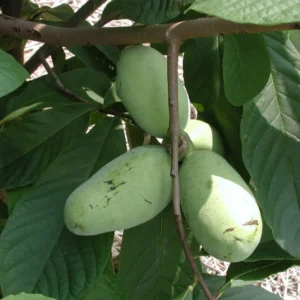
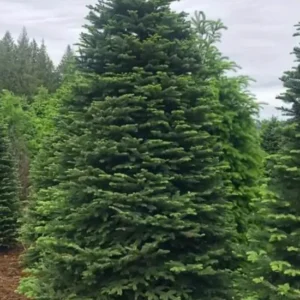
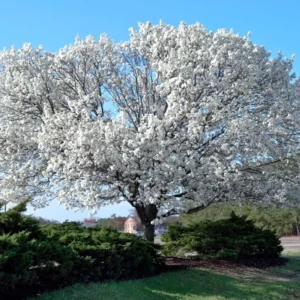
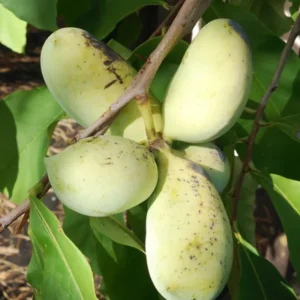
Reviews
There are no reviews yet.